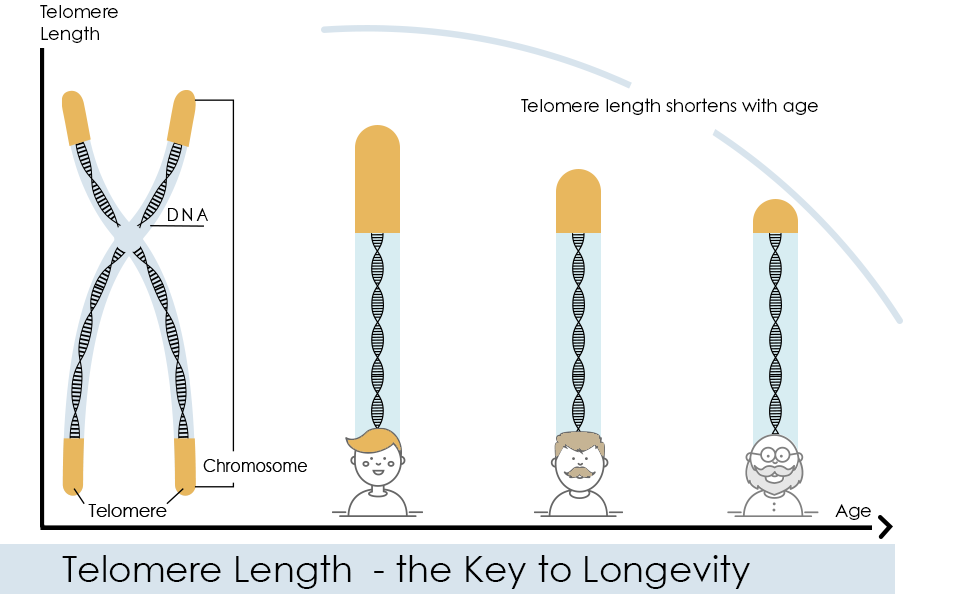THE NEUROSCIENCE OF OPTICAL ILLUSIONS
- Shipra Tiwari
- Sep 5, 2023
- 2 min read

The stories our brains tell us about reality are extremely compelling, even when they are wrong.
Have you ever realized that sometimes our brain defies reality and constructs its own? Most of the time, the story our brains generate matches the real, physical world — but not always. Our brains also unconsciously bend our perception of reality to meet our desires or expectations based on our past experiences.
In this exploration of the neuroscientific wonders of optical illusions, we'll delve into the intricate interplay between our eyes, brain, and perception, uncovering the secrets that make these visual puzzles so captivating
Now to understand this phenomenon we should know how our brain creates images. When light enters your eyes , neural activity occurs and it reaches the retina from where signals are sent to the brain through the optic nerve. This whole process is a cascade. However, this whole process is not always perfect and optical illusion exploit the gaps in our visual processing system and thus we actually do not perceive the reality. One possibility is that the illusion is generated in the visual cortex. Located at the back of your head, this is the part of your brain that directly processes the information coming from your eyes. Maybe the visual system “sees” it wrong. The alternative is that the visual system “sees” it just fine, but some other part of the brain overrides it, creating a new reality. Neural adaptations play a role in our experiences of optical illusion.
The stories our brains tell us about reality are extremely compelling, even when they are wrong.
There are illusions that do seem to fool the various regions of the brain creating images because no story about the brain can be that simple. Hantman’s view, what we experience as consciousness is primarily the prediction, not the real-time feed. The actual sensory information, he explains, just serves as error correction. “If you were always using sensory information, errors would accumulate in ways that would lead to quite catastrophic effects on your motor control,” Hantman says. Our brains like to predict as much as possible, then use our senses to course-correct when the predictions go wrong.
Also the question arises that do people perceive the illusion in the same way?
No, because it’s just not about capturing images but also interpretation done by different brains differently. This is why different people perceive the same illusion differently. Now let’s see a few examples:

Is this image moving or not?

Is this a rabbit or a duck?





Comments